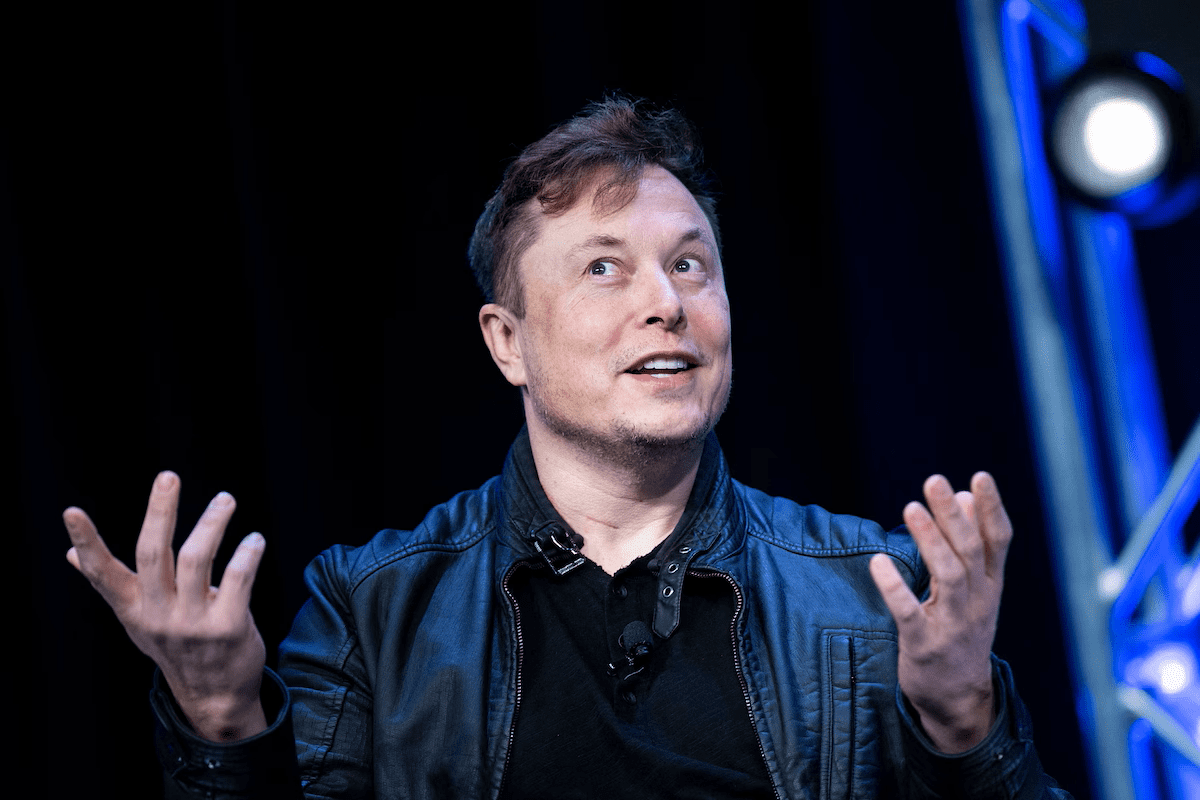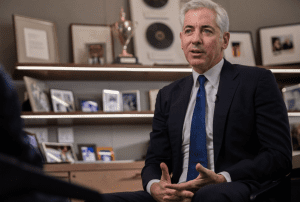In an era where the lines between private enterprise and government affairs blur, the influence of tech moguls like Elon Musk is more significant than ever. As the CEO of multiple companies spanning from Tesla and SpaceX to Neuralink and X (formerly Twitter), Musk’s reach extends far beyond technology and innovation—it delves into policy, global diplomacy, and even national security.

Government Contracts and Private Interests
Musk’s business empire benefits immensely from government partnerships. SpaceX, a key player in the space industry, has secured billions in contracts from NASA and the U.S. Department of Defense. Starlink, his satellite internet venture, has played a crucial role in global communications, particularly in conflict zones like Ukraine. While SpaceX’s contributions to space exploration and defense are undeniable, questions arise regarding the extent of governmental reliance on a single private entity.
At the same time, Tesla’s electric vehicle and energy initiatives align with the Biden administration’s push for green energy. While Musk has publicly criticized the current administration, Tesla has still benefited from government subsidies and tax incentives that promote renewable energy adoption.
Influence on Policy and Public Perception
Beyond business dealings, Musk’s control of X has turned him into an information gatekeeper. With over 170 million followers, his social media influence surpasses that of many world leaders. His ability to shift public narratives, amplify voices, and challenge traditional media structures makes him a formidable player in shaping public discourse. From engaging in geopolitical debates to making controversial comments about AI regulation, Musk has positioned himself as a figure whose opinions can influence government policies, financial markets, and international relations.
Controversies and Criticism
Despite his accomplishments, Musk remains a polarizing figure. His hands-on approach in determining Starlink’s role in military conflicts has raised ethical questions. Reports indicate that Musk himself made decisions on where the service could be used, affecting wartime communication strategies. Critics argue that such power should not be concentrated in the hands of one individual, regardless of business interests.
Additionally, Musk’s business dealings in China, a critical market for Tesla, have led to concerns about his ability to navigate U.S. foreign policy interests. While Tesla continues to thrive in China, the ongoing geopolitical tensions between the U.S. and China pose potential risks to Musk’s enterprises and national security implications.
The Future of Musk’s Influence
As technological advancements continue to shape global dynamics, Musk’s role as both a private entrepreneur and a quasi-public policymaker will remain under scrutiny. His companies’ deep entanglement with government initiatives underscores the evolving relationship between Silicon Valley and Washington. Whether he remains a visionary shaping the future or a monopolistic powerbroker influencing global affairs, one thing is clear—Elon Musk is not just a businessman; he is a force that governments must navigate carefully.















Comments are closed.